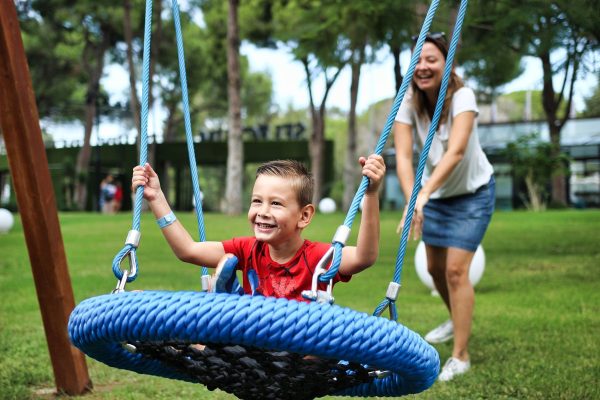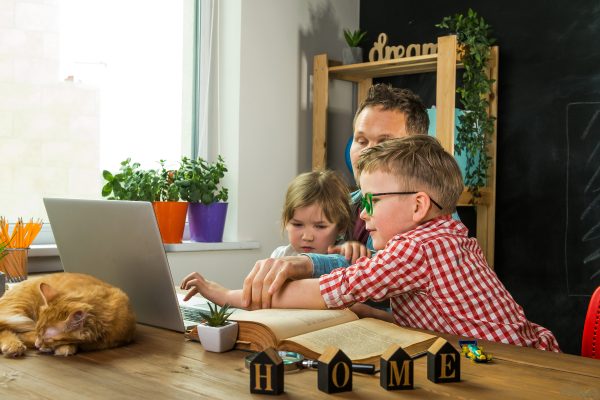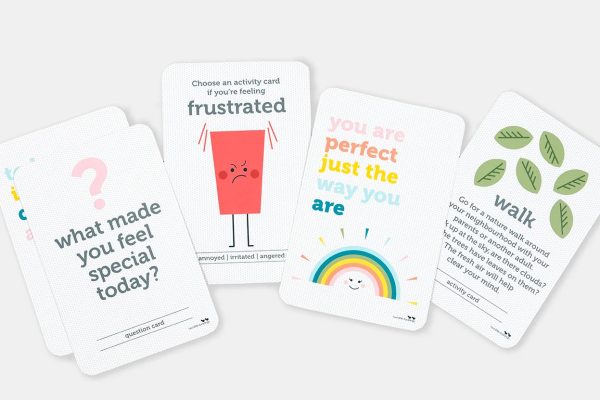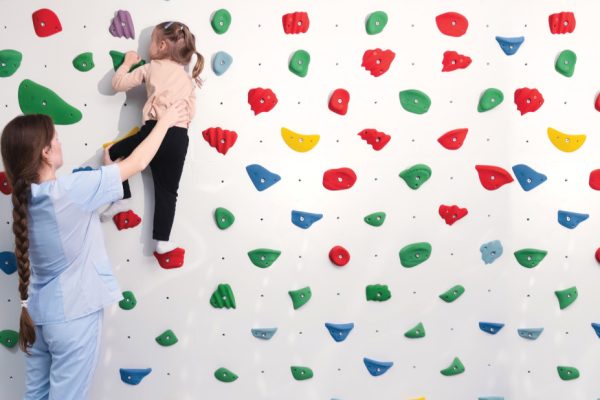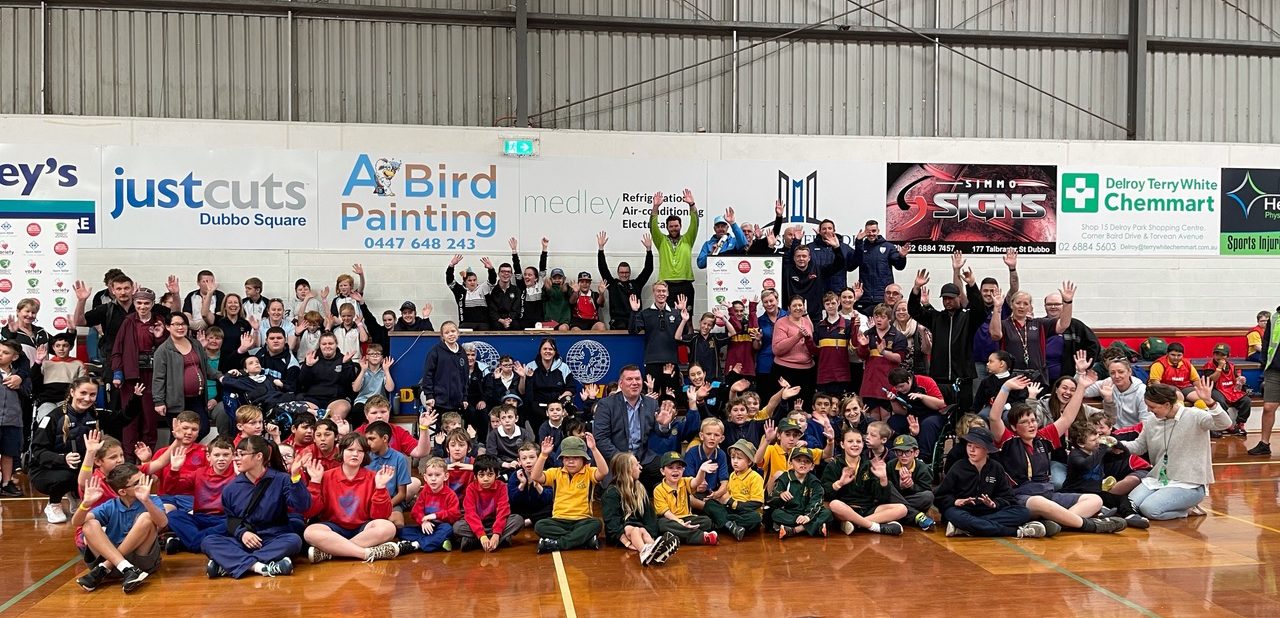
Making sport more accessible
By Rachel Williiams
Providing opportunities for children with disability to participate in meaningful activity is at the core of Disability Sports Australia, with a number of programs expanding across the country to engage even more participants.
Disability Sports Australia CEO Murray Elbourn says the peak body’s focus has historically been physical disability, including cerebral palsy, amputee, quadriplegic and paraplegic athletes, as well as those in short stature.
But it has broadened its focus over the last 6 months, since he took over as CEO in October, 2020.
DSA now oversees the Activate Inclusion Sports Days in partnership with Variety – The Children’s Charity NSW/ACT and Sport NSW, to engage with students aged from 5-18 with a physical, sensory or intellectual disability, including autism, anxiety, ADHD and learning difficulties.
The move has proven a big success, with DSA embarking upon a national expansion, with Northern Territory and Tasmania now linked in and Victoria also likely to trial the program this year.
Murray says the program is now the largest of its kind in Australia, with over 7000 students with disabilities participating since 2016.
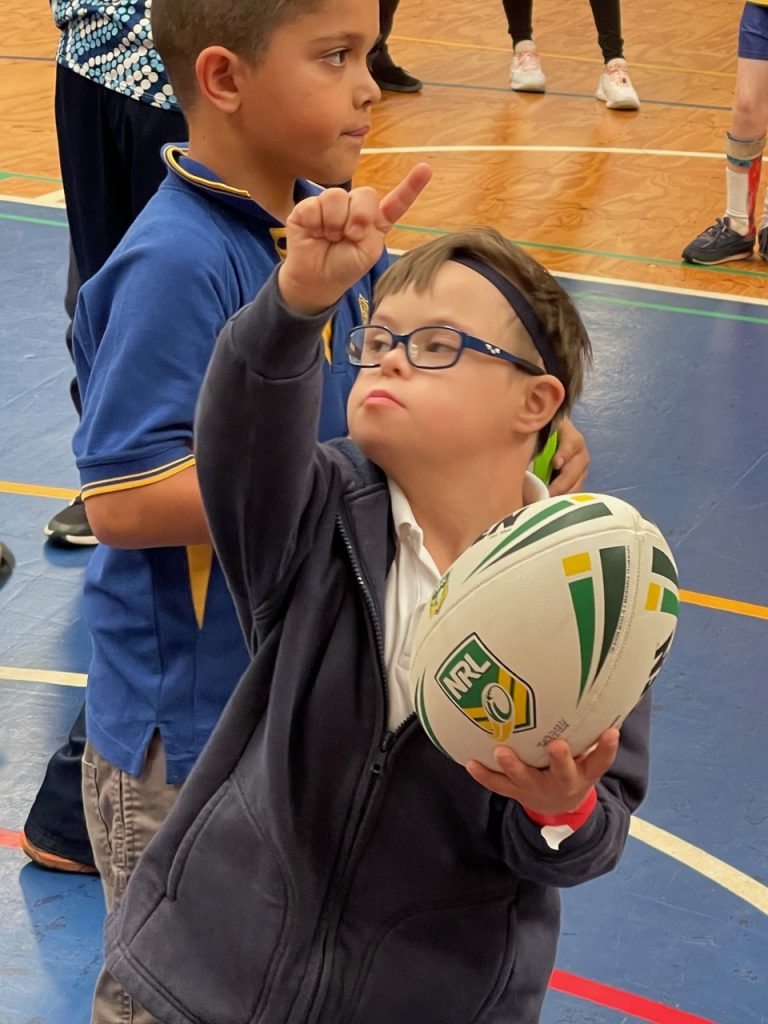
“The benefits are the ability to build confidence in kids who don’t have equal rights to equal play. Schools don’t have adaptive equipment in many cases and teachers aren’t trained to deliver these activities,” Murray explains.
DSA also facilitates Start Up Kidz, a research program which tracks the participation of children with a physical disability in primary school.
Start Up Kidz will now move to a national camp model allowing mainstream national sporting organisations to further deliver adaption for participants with disability.
Making it easier for people to access programs has been a challenge and DSA will have a strong focus on its new National Referral Hub, which is being sponsored by NDSP Plan Managers.
“The hub will have a soft launch in July with a full launch in September and will enable health providers, teachers, families
and carers to refer through email, phone or web form,” Murray says
“We are doing this because feedback has been many people don’t know where to start looking for information and linking people to our vast network of members and partners will greatly assist the greater disability community.”
DSA has 5 full-time and 2 part-time employees, with 12 state and territory members who predominantly run their state and territory based programs.
“DSA supports those state programs in hosting National Championships for Wheelchair Rugby and Wheelchair AFL each year,” Murray explains.
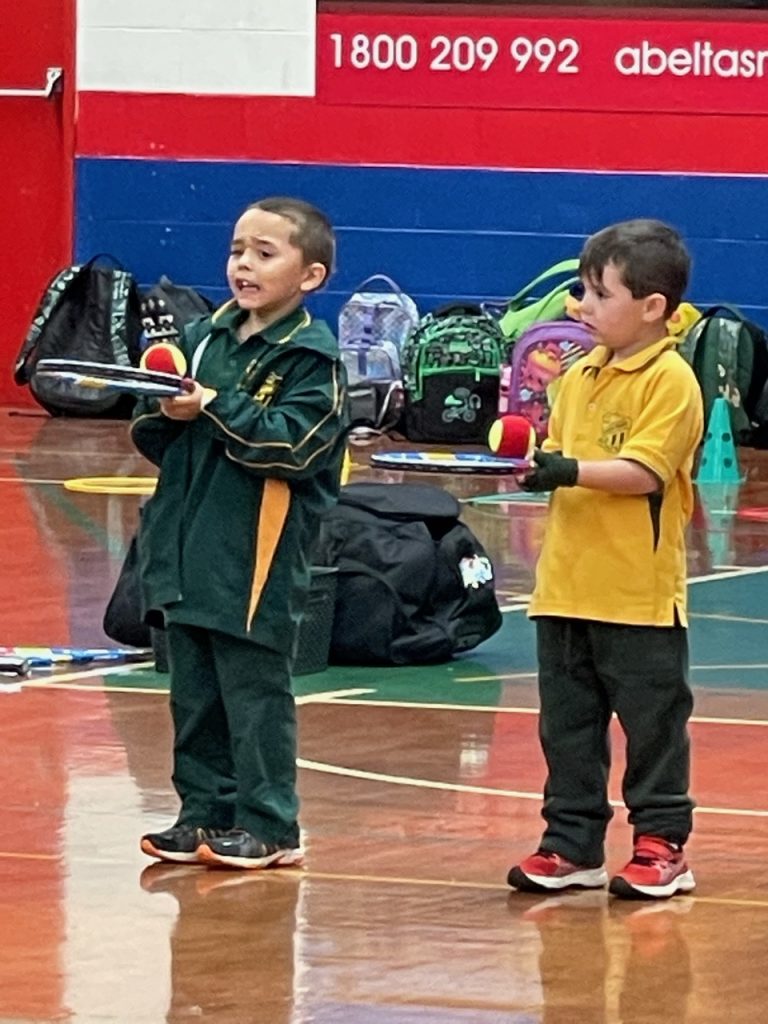

“We also offer training and education programs to mainstream national sporting organisations through our Sports Incubator model. This establishes an inclusion framework for sports to enter into the adaption and inclusion space.”
The main aim of DSA is to increase awareness of all aspects on the disability spectrum, increased confidence for those participating and more opportunities through both community sport and social active recreation.
It’s a passion close to Murray’s heart – his first involvement in disability sport was in 1987 at the age of 15.
“I was born with scarring on my cornea in both eyes but had enough sight to play mainstream T-Ball, Rugby League and Basketball until I also developed cataracts in both eyes, causing me to be nearly totally blind until I had surgery to remove cataracts at age 29.
“Having lived experience has really helped me to understand the challenges that people with disabilities face.”
That is also true for 2016 Paralympic athlete Rae Anderson, who is DSA’s Project Coordinator for the Activate Inclusion Sports Day Program in schools and Start Up Kidz.
Rae has left side hemiplegic Cerebral Palsy and has competed in athletics in the F37 category and in Alpine Skiing as an LW9-2 athlete – she is currently a recipient of a NSWIS scholarship with Snow Australia and is aiming for the Winter Paralympics in 2022.
She says it’s special to watch the students realise that they could one day be a Paralympian like her.
“I love seeing all the hard work come together for the events and seeing all the smiling faces of future athletes finding their love of sport,” she says.
“I love being at the events and talking to students with similar disabilities to mine, telling them my story; what I’ve achieved, what I’m aiming for and how I started my Paralympic pathway through a similar multi-sports day program.
“I tell them to enjoy every moment, every sport and every opportunity – to try every sport on offer and say ‘yes’ to every opportunity.
“If your dream is to compete internationally, it is so much easier when you love every minute of it. You never know where sports could take you. Have big goals and dreams, and surround yourself with a supportive team to make these dreams a reality.
“Sport has created so much opportunity for me. I have travelled the world, made some incredible friends and had so many more opportunities like working for Disability Sports Australia. Sport has allowed me to live such a full life; all my sports and training has improved my quality of life with my Cerebral Palsy as well.
“Sport has so many obvious physical, social and mental benefits however it has also maintained my physical abilities related to my disability. I want to see more kids with disabilities involved in sports, not only to see the next generation of Paralympians but to see their everyday quality of life flourish.”



